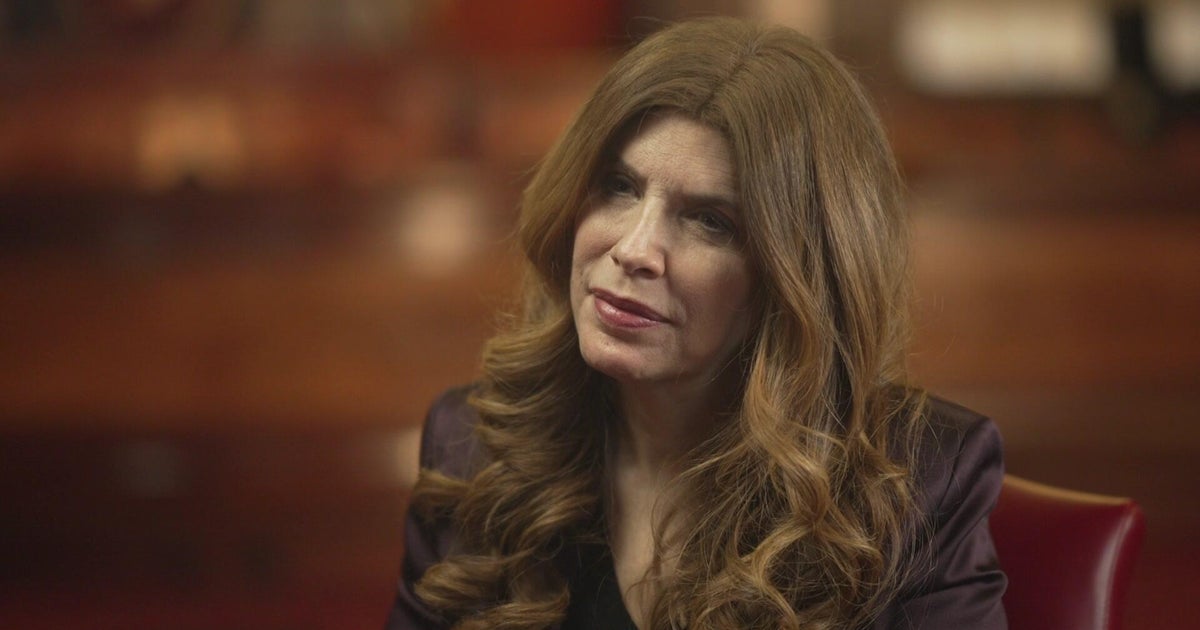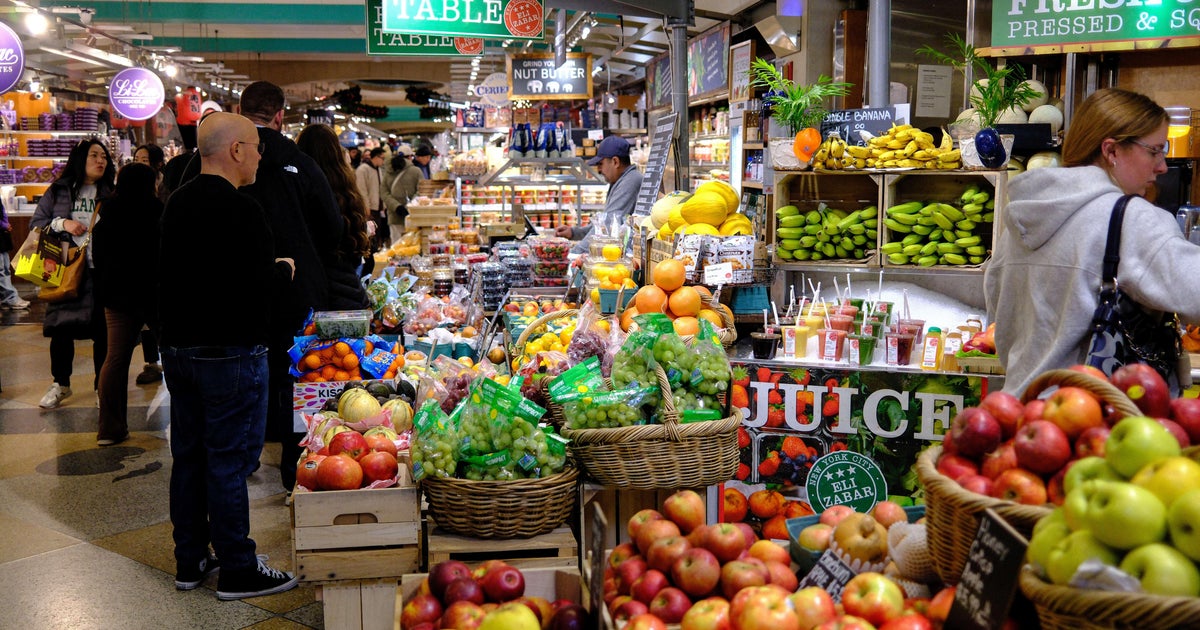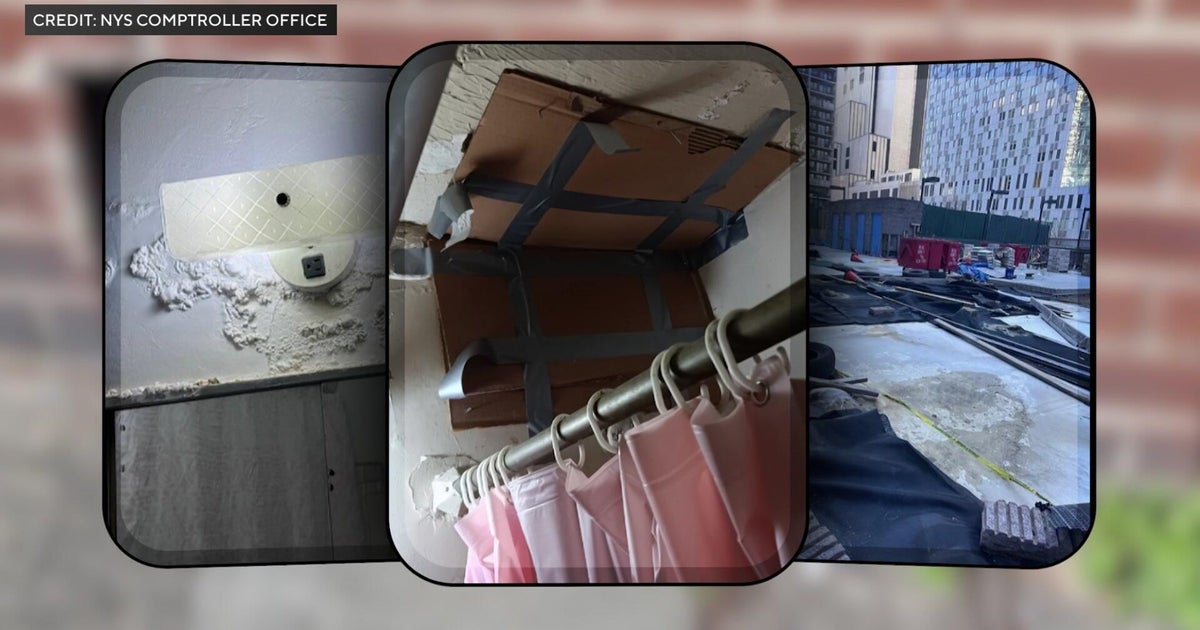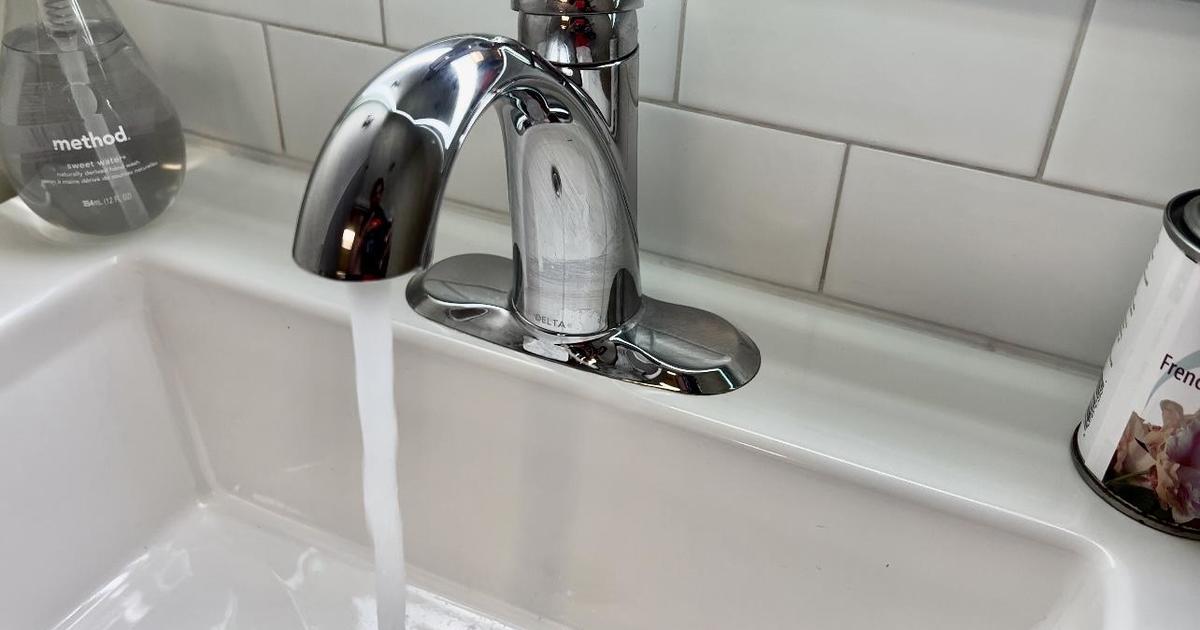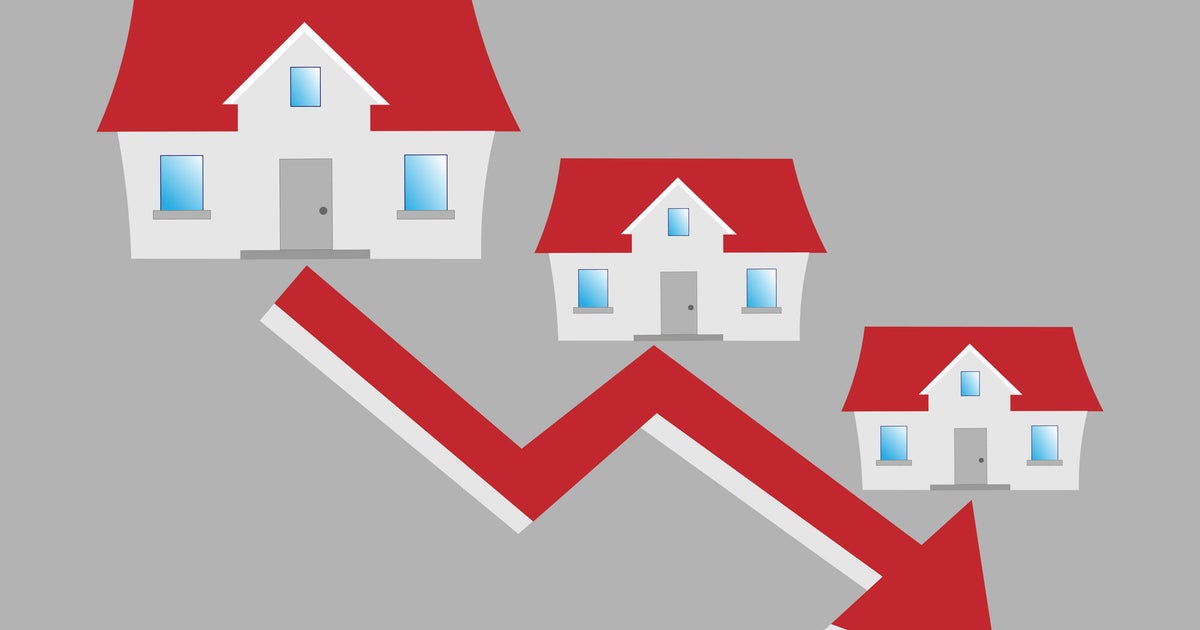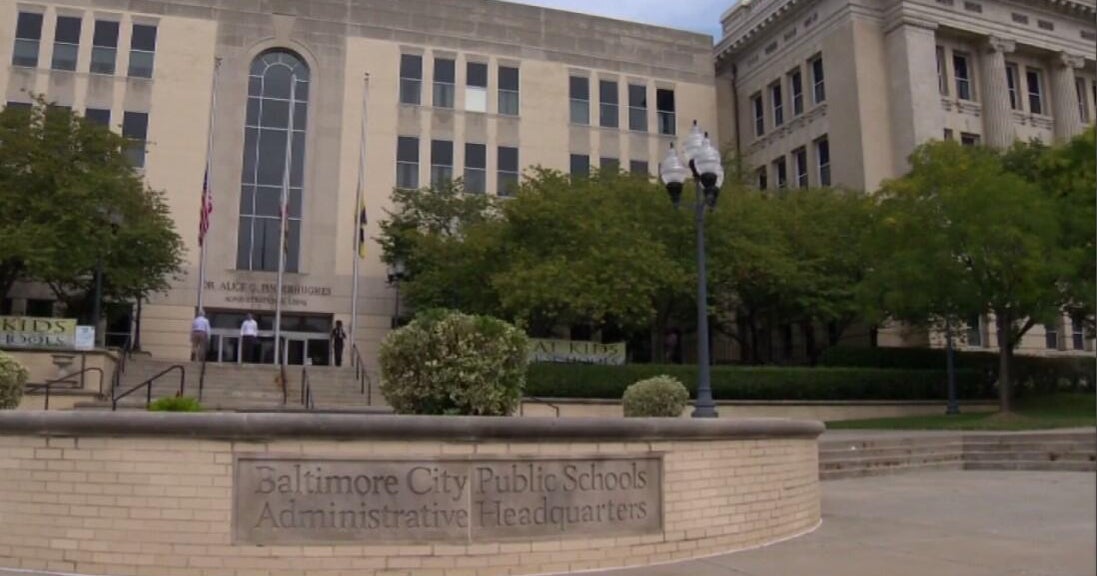Cost of New York City staples creeping up with inflation on the rise
NEW YORK -- With inflation on the rise, the Federal Reserve is making another move to try and tamp down rising prices.
Wednesday, the board raised interest rates 0.75 percent, meaning it will cost more to borrow money.
"If you're carrying a credit card balance, it's probably going to get more expensive next month. If you're going to get a new car loan, that could be more expensive. People who have adjustable rate mortgages, when the adjustment comes, it's probably going to adjust higher," CBS News business analyst Jill Schlesinger said.
The idea behind a rate hike is to slow down inflation but avoid a recession.
"We're not trying to have a recession, and we don't think we have to. We think that there's a path for us to be able to bring inflation down while sustaining a strong labor market," said Jerome Powell, chairman of the Federal Reserve.
Prices for just about everything are at a 40-year high, and as CBS2's Dave Carlin reports, even the least expensive items at bodegas and shops around New York City are getting hit.
Jason Potenti starts his day with a bacon, egg and cheese at least three times a week, but the costs of making his beloved breakfast are on a roll, going higher and higher.
The price is $4.50 at Hudson Market Place, while some other places charge $5 and more for something that once was priced down around $2.50.
"But anything 5, 6, 7 dollars, I'm walking out," Potenti said.
That's why assistant manager Adam Yahya says the Hell's Kitchen bodega, churning out about 120 of the breakfast item a day, makes sure not to inch up the price too often and not by much.
"People that go to work in the morning, they want something affordable," he said.
Watch Dave Carlin's report
Glenda Cintron, of Rockaway Park, told CBS2's Dick Brennan inflation hits every part of her work day.
"The car fare is expensive. Lunch, you take lunch, so what you cooked the night before, you can't have it for leftovers because you're taking it for lunch," she said.
While the price of gas is going down, a gallon of gas is still up $1.17 in the last year. Food prices are also surging, with ground beef up 53 cents per pound and a gallon of milk up 59 cents.
At $1 Pizza Slice on Ninth Avenue in Hell's Kitchen, some costs of doing business have recently doubled.
"The flour was $16, it's now $30," owner Nur Mohammad said.
Even with the flour doubled to $30 a bag, he leaves the slice price at $1.
But he may have to raise it eventually. Three weeks ago, he boosted the price of each topping, and now he charges a little bit more for drinks.
"If they go up to, like, $1.75, they defeat the purpose," Brooklyn resident Nigel Austin said.
"They're paying more for rent, they're paying more for air conditioning, they're paying more for their employees and their food costs are higher. They have to pass those prices down to the consumer," said Caleb Silver, editor-in-chief of Investopedia, an online resource for investing, personal finance and market analysis.
Silver says their surveys show there is a breaking point for consumers, but it starts psychologically with just hearing about prices rising.
"A bacon, egg and cheese is a good staple product in New York City just to measure whether or not consumers have that willingness to spend on things that they don't necessarily need," he said. "When people start pulling back on that, you know they're tightening their belts for real."
When does inflation go too far? When it takes too big a bite out of our favorite foods.


